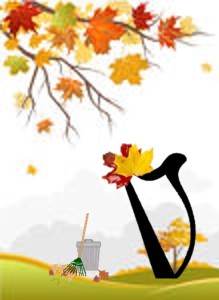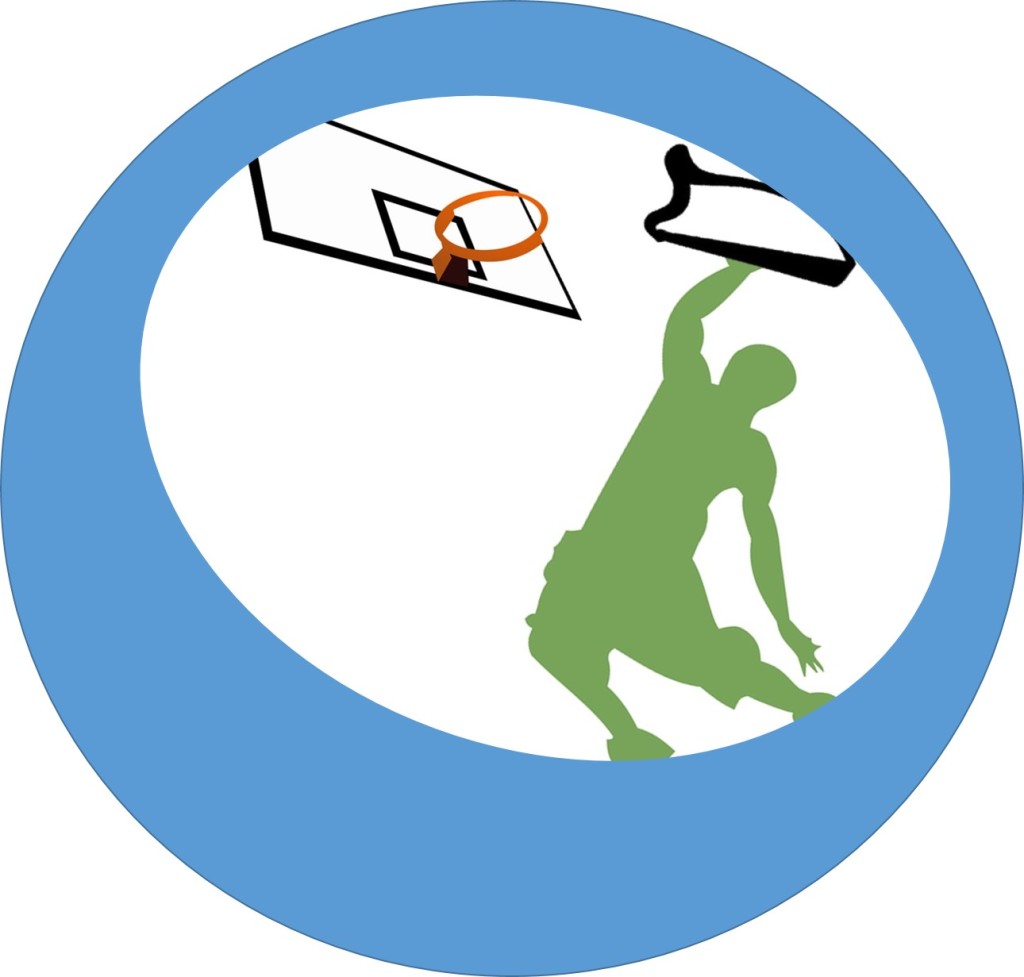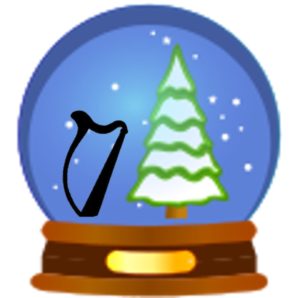It’s autumn and the leaves have all turned color from green to reds and yellows and now brown. They are falling from the trees to the ground…and so, it’s time for the raking to begin.
We, none of us, get younger. And with year autumn that passes, raking those leaves may become more of a chore, leaving you sore for a while. That soreness is from doing unaccustomed work – but it is also a result of not stretching after doing so.
 But you can get sore from not stretching after work to which you are accustomed as well – that includes after practicing or performing. Even daily practice takes work – from your whole body! You should continue that work into a stretching routine which will not only reward you but will allow your muscles to rest and be prepared for the next practice session.
But you can get sore from not stretching after work to which you are accustomed as well – that includes after practicing or performing. Even daily practice takes work – from your whole body! You should continue that work into a stretching routine which will not only reward you but will allow your muscles to rest and be prepared for the next practice session.
Performing (even if for the curtains and the cat) adds stress which you will likely carry in your body. Therefore stretching is also important after each performance. By adding a stretching phase to your practice time you will train yourself to do the stretches which will carry over into your performances.
You will want to stretch your fingers and hands as well as your arms. But you know that. You will also want to stretch your large muscles – the ones that hold you up on your bench and give you the scaffolding to hold yourself and your harp. That means you’ll want to stretch your back, legs, buttocks, and abdomen.
Adding a stretching routine will allow you to gracefully end your daily practice while doing yourself some good!








